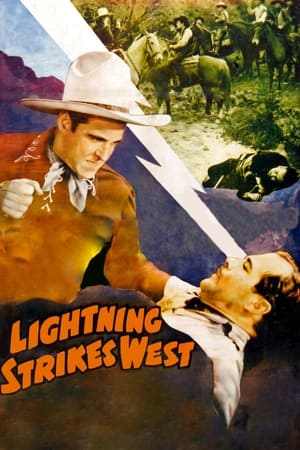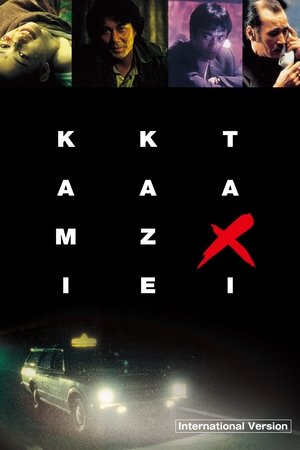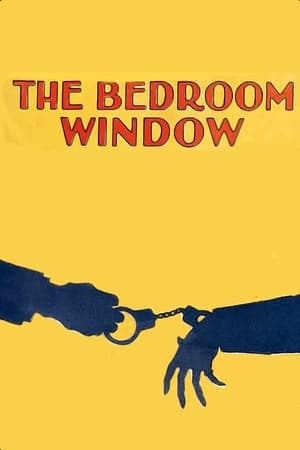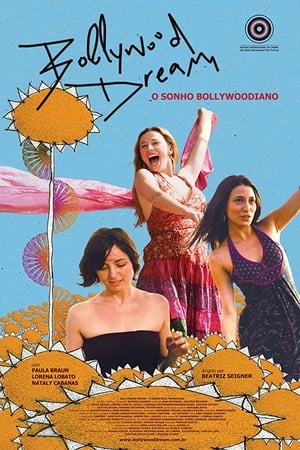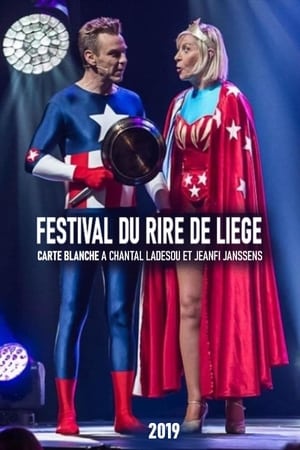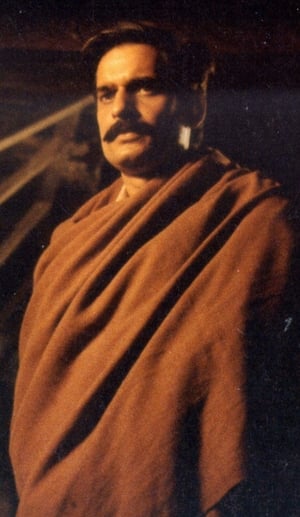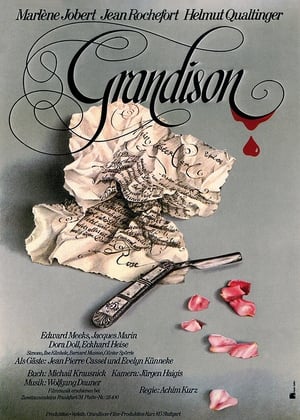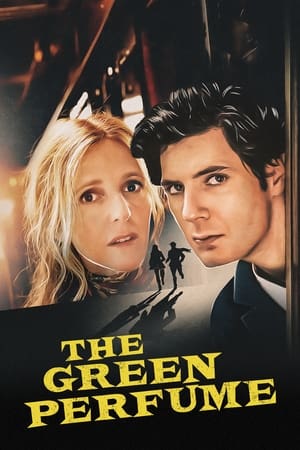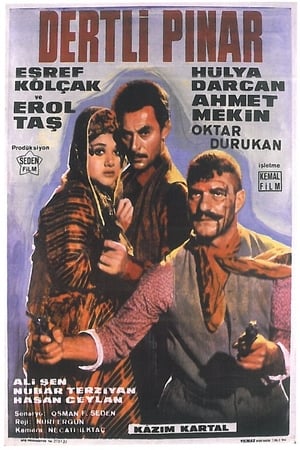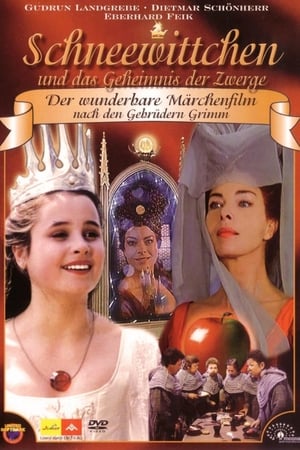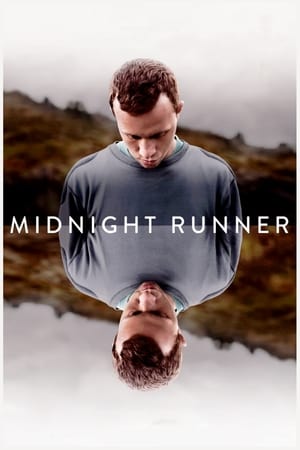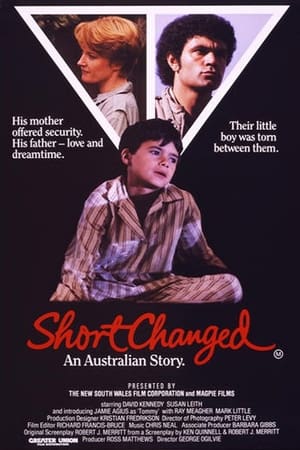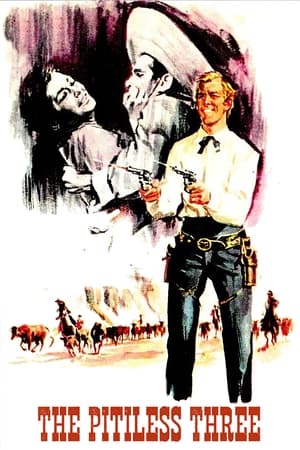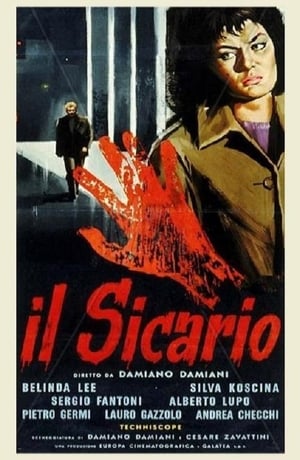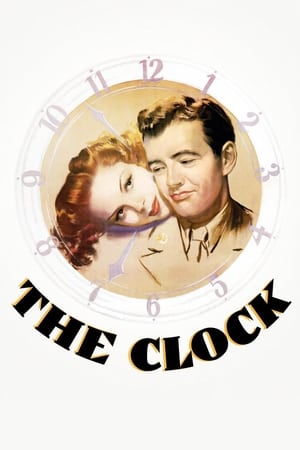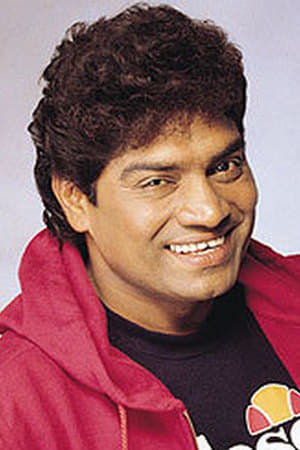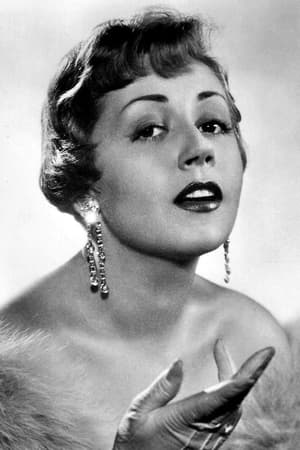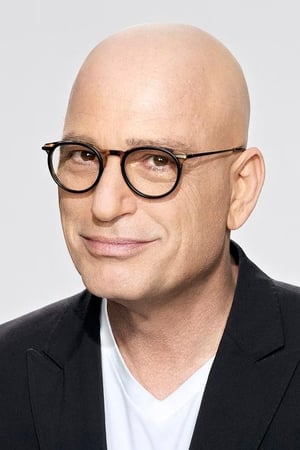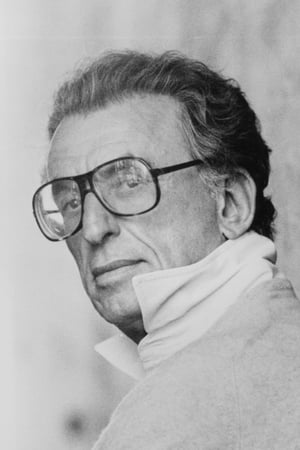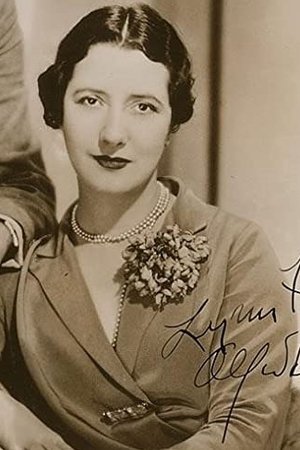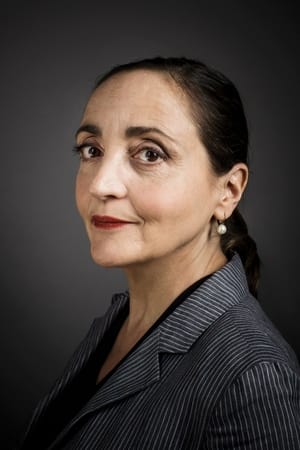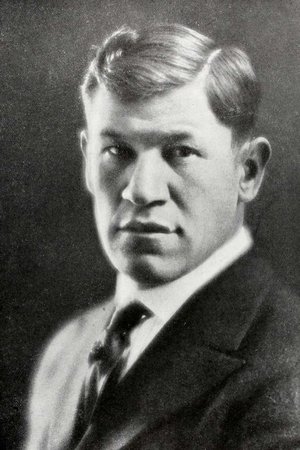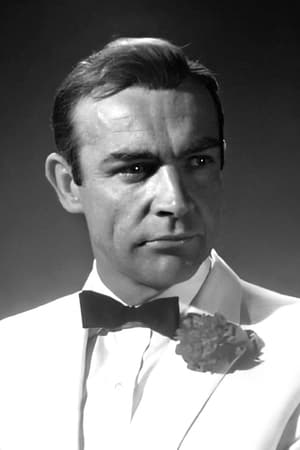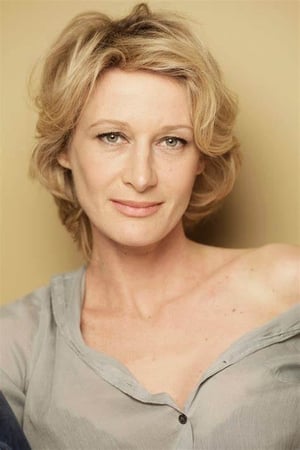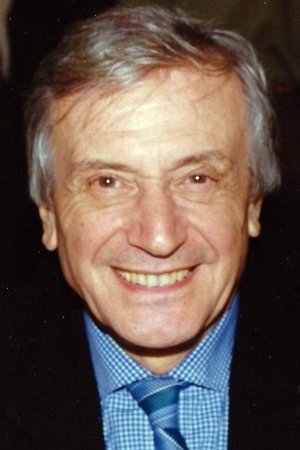Trending
Popular people
Johny Lever
Biography
Johnny Lever (born John Prakash Rao Janumala; 14 August 1957) is an Indian actor and comedian who is known for his works in Hindi cinema. He is one of the first stand-up comedians in India. He is the recipient of numerous accolades, including thirteen Filmfare Awards nominations in Filmfare Award for Best Performance in a Comic Role, and has won the award twice, for his work in Deewana Mastana (1997) and Dulhe Raja (1998). He began his career in 1984, and has acted in more than three hundred Hindi films.
Read more
Suzy Delair
Biography
Suzy Delair, born Suzanne Pierrette Declair (31 December 1917 - 15 March 2020) was a vivacious French entertainer who starred in many different films. Her real name is Suzanne Pierrette Delaire.
She acted in films directed by Henri-Georges Clouzot, Jean Dréville, Jean Grémillon, Marcel L'Herbier, Christian-Jaque, Marcel Carné, Luchino Visconti, René Clément and Gérard Oury. She is also famous in France as singer ("Avec son Tra-la-la").
For several years, Suzy Delair was the companion of French film director Henri-Georges Clouzot.
Description above from the Wikipedia article Suzy Delair, licensed under CC-BY-SA, full list of contributors on Wikipedia.
Read more
Howie Mandel
Biography
From Wikipedia, the free encyclopedia.
Howard Michael "Howie" Mandel (born November 29, 1955) is a Canadian stand-up comedian, television host, and actor. He is well known as host of the NBC game show Deal or No Deal, as well as the show's daytime and Canadian-English counterparts. Before his career as a game show host, Mandel was best known for his role on the NBC medical drama St. Elsewhere. He is also well-known for being the creator and star of the children's cartoon Bobby's World. On June 6, 2009, he hosted the 2009 Game Show Awards on GSN. Mandel became a judge on NBC's America's Got Talent, replacing David Hasselhoff, in the fifth season of the reality talent contest. He was a supporting character in the 2000 film Tribulation, from Cloud Ten Pictures.
Description above from the Wikipedia article Howie Mandel, licensed under CC-BY-SA, full list of contributors on Wikipedia.
Read more
Herbert Ross
Biography
Herbert David Ross was an American actor, choreographer, director and producer who worked predominantly in the stage and film.
Ross was born on May 13, 1927 in Brooklyn, New York, the son of Martha Grundfast and Louis Chester Ross, a postal clerk. At the age of 9, his mother died and his father moved the family to Miami and opened a luncheonette.
In 1942, Ross' stage debut came as "Third Witch" in a touring company of Macbeth. The next year brought his first Broadway performance credits with Something for the Boys. By 1950, he was a choreographer with the American Ballet Theatre and choreographed his first Broadway production, the Arthur Schwartz-Dorothy Fields musical adaptation of A Tree Grows in Brooklyn.
Ross's first film assignment came as an uncredited choreographer on Carmen Jones (1954). In the UK, he choreographed The Young Ones (1961) and Summer Holiday (1963), both starring Cliff Richard. Later, he worked with Barbra Streisand as choreographer and director of musical numbers for Funny Girl (1968).
His film directorial debut came with the musical version of Goodbye, Mr. Chips (1969), made by MGM-British, with Peter O'Toole and Petula Clark. He went on to direct films involving ballet, such as The Turning Point (1977), Nijinsky (1980) and Dancers (1987). Other movies of critical acclaim followed in the 1970s and 1980s such as Neil Simon's adaptations of his own plays and film adaptations of Broadway productions through his last project, Boys on the Side (1995).
Read more
Lynn Fontanne
Biography
From Wikipedia
Lynn Fontanne (/fɒnˈtæn/; 6 December 1887 – 30 July 1983) was a British-born American-based actress and major stage star in the United States for over 40 years. She teamed with her husband, Alfred Lunt. Lunt and Fontanne shared a special Tony Award in 1970. They both won Emmy Awards in 1965, and Broadway's Lunt-Fontanne Theatre was named for them. Fontanne was also a Kennedy Center honoree in 1980.
Born Lillie Louise Fontanne in Woodford, London, of French and Irish descent, her parents were Jules Fontanne, a Frenchman, and Frances Ellen Thornley. She had two sisters, one of whom later lived in England; the other lived in New Zealand.
She drew acclaim in 1921 playing the title role in the George S. Kaufman-Marc Connelly farce, Dulcy.
She soon became celebrated for her skill as an actress in high comedy, excelling in witty roles written for her by Noël Coward, S.N. Behrman, and Robert Sherwood. However, she enjoyed one of the greatest critical successes of her career as Nina Leeds, the desperate heroine of Eugene O'Neill's controversial nine-act drama, Strange Interlude. From the late 1920s on, Fontanne acted exclusively in vehicles also starring her husband. Among their greatest theater triumphs were Design for Living (1933), The Taming of the Shrew (1935–36), Idiot's Delight (1936), There Shall Be No Night (1940) and Quadrille (1952). Design for Living, which Noël Coward wrote expressly for himself and the Lunts, was so risqué, with its theme of bisexuality and a ménage à trois, that Coward premiered it in New York, knowing it would not survive the censor in London. The duo remained active onstage until retiring in 1960. Fontanne was nominated for a Best Actress Tony for one of her last stage roles, in The Visit (1959).
Fontanne and Lunt worked together in 27 productions. Of her acting style with Lunt, British broadcasting personality Arthur Marshall - having seen her in Caprice St James's Theatre (1929) - observed: "in the plays of the period actors waited to speak until somebody else had finished, the Lunts turned all that upside down. They threw away lines, they trod on each others words, they gabbled, they spoke at the same time. They spoke in fact, as people do in ordinary life."[6]
Fontanne made only three films, but nevertheless was nominated for the Academy Award for Best Actress in 1931 for The Guardsman, losing to Helen Hayes. She also appeared in the silent films Second Youth (1924) and The Man Who Found Himself (1925). The Lunts starred in four television productions in the 1950s and 1960s with both Lunt and Fontanne winning Emmy Awards in 1965 for The Magnificent Yankee,[5] becoming the first married couple to win the award for playing a married couple. Fontanne narrated the classic 1960 television production of Peter Pan starring Mary Martin and received a second Emmy nomination for playing Grand Duchess Marie in the Hallmark Hall of Fame telecast of Anastasia in 1967, two of the few rare productions in which she appeared without her husband. The Lunts also starred in several radio dramas in the 1940s, notably on the Theatre Guild programme .
Lynn Fontanne died in 1983, aged 95, from pneumonia, at "Ten Chimneys" in Genesee Depot and was interred next to her husband at Forest Home Cemetery in Milwaukee, Wisconsin.
Read more
Dominique Blanc
Biography
From Wikipedia, the free encyclopedia
Dominique Blanc (born 25 April 1956) is a French actress.
She was trained at the French Drama school, Cours Florent. In 1980, at the suggestion of Pierre Romans in whose class she was, Patrice Chéreau went to see her and engaged her for a performance of Henrik Ibsen's Peer Gynt. She remains one of Chéreau's preferred actresses.
One of the most critically acclaimed French actresses, Blanc has won four César Awards. One for Best Actress in 2000 for Stand-by (fr) and three for Best Actress in a Supporting Role: in 1990 for May Fools (Milou en mai), in 1992 for Indochine and in 1998 for Those Who Love Me Can Take the Train (Ceux qui m'aiment prendront le train) and has been nominated four more times. On 6 September 2008, she won the Volpi Cup for Best Actress at the 65th Venice Film Festival.
Read more
Jim Thorpe
Biography
From Wikipedia, the free encyclopedia
James Francis Thorpe (Sac and Fox (Sauk): Wa-Tho-Huk, translated as "Bright Path"; May 22 or 28, 1887 – March 28, 1953) was an American athlete and Olympic gold medalist. A member of the Sac and Fox Nation, Thorpe became the first Native American to win a gold medal for the United States. Considered one of the most versatile athletes of modern sports, he won Olympic gold medals in the 1912 pentathlon and decathlon, and played American football (collegiate and professional), professional baseball, and basketball. He lost his Olympic titles after it was found he had been paid for playing two seasons of semi-professional baseball before competing in the Olympics, thus violating the amateurism rules that were then in place. In 1983, 30 years after his death, the International Olympic Committee (IOC) restored his Olympic medals.
Thorpe grew up in the Sac and Fox Nation in Oklahoma, and attended Carlisle Indian Industrial School in Carlisle, Pennsylvania, where he was a two-time All-American for the school's football team. After his Olympic success in 1912, which included a record score in the decathlon, he added a victory in the All-Around Championship of the Amateur Athletic Union. In 1913, Thorpe signed with the New York Giants, and he played six seasons in Major League Baseball between 1913 and 1919. Thorpe joined the Canton Bulldogs American football team in 1915, helping them win three professional championships; he later played for six teams in the National Football League (NFL). He played as part of several all-American Indian teams throughout his career, and barnstormed as a professional basketball player with a team composed entirely of American Indians.
From 1920 to 1921, Thorpe was nominally the first president of the American Professional Football Association (APFA), which became the NFL in 1922. He played professional sports until age 41, the end of his sports career coinciding with the start of the Great Depression. He struggled to earn a living after that, working several odd jobs. He suffered from alcoholism, and lived his last years in failing health and poverty. He was married three times and had eight children, before suffering from heart failure and dying in 1953.
Thorpe has received various accolades for his athletic accomplishments. The Associated Press named him the "greatest athlete" from the first 50 years of the 20th century, and the Pro Football Hall of Fame inducted him as part of its inaugural class in 1963. A Pennsylvania town was named in his honor and a monument site there is the site of his remains, which were the subject of legal action. Thorpe appeared in several films and was portrayed by Burt Lancaster in the 1951 film Jim Thorpe – All-American.
Read more
Sean Connery
Biography
Sir Thomas Sean Connery (August 25, 1930 – October 31, 2020) was a Scottish actor and producer who won an Academy Award, two BAFTA Awards (one being a BAFTA Academy Fellowship Award), and three Golden Globes, including the Cecil B. DeMille Award and a Henrietta Award.
Connery was the first actor to portray the character James Bond in film, starring in seven Bond films (every film from Dr. No to You Only Live Twice, plus Diamonds Are Forever and Never Say Never Again), between 1962 and 1983. In 1988, Connery won the Academy Award for Best Supporting Actor for his role in The Untouchables. His films also include Marnie (1964), Murder on the Orient Express (1974), The Man Who Would Be King (1975), A Bridge Too Far (1977), Highlander (1986), Indiana Jones and the Last Crusade (1989), The Hunt for Red October (1990), Dragonheart (1996), The Rock (1996), and Finding Forrester (2000).
Connery was polled in a 2004 The Sunday Herald as "The Greatest Living Scot" and in a 2011 EuroMillions survey as "Scotland's Greatest Living National Treasure". He was voted by People magazine as both the “Sexiest Man Alive" in 1989 and the "Sexiest Man of the Century” in 1999. He received a lifetime achievement award in the United States with a Kennedy Center Honor in 1999. Connery was knighted in the 2000 New Year Honours for services to film drama.
On 31 October 2020, it was announced that Connery had died at the age of 90.
Description above from the Wikipedia article Sean Connery, licensed under CC-BY-SA, full list of contributors on Wikipedia
Read more
Astrid Whettnall
Biography
Astrid Whettnall (née Ullens de Schooten Whettnall, known as Astrid Whettnall; born 17 March 1971) is a Belgian stage and film actress. She studied at the Kleine Academy in Brussels and began working in theatre. Her film credits include Capital (2012), In the Name of the Son (2012), Salaud, on t'aime (2014), Yves Saint Laurent (2014), Marguerite (2015), and Close Enemies (2018).
She received the Magritte Award for Best Actress for her work in Road to Istanbul (2016).
She is daughter of Charles-Albert Ullens de Schooten Whettnall (1927-2006) and his wife Countess Madeleine Berndotte (b. 1938). Through her maternal grandfather Prince Carl Bernadotte, she is great-great-granddaughter of King Oscar II of Sweden and Norway and King Frederick VIII of Denmark; being she a third cousin of King Carl XVI Gustaf of Sweden, second cousin of King Philippe of Belgium and Grand Duke Henri of Luxembourg and second cousin, once removed, of Queen Margrethe II of Denmark and Queen Anne-Marie of Greece. She is also a descendant of King George II of Great Britain and King William I of the Netherlands.
Source: Article "Astrid Whettnall" from Wikipedia in English, licensed under CC-BY-SA 3.0.
Read more
Louis Nucéra
Biography
Louis Nucéra (17 July 1928 – 9 August 2000) was an award-winning 20th-century French writer. He published his first novel L'obstiné in 1970.
As well as being a writer, Nucéra was a cyclist (he rode the same circuit as the 1949 Tour de France), a bank clerk, a journalist, a press secretary in a record company, and a literary director at JC Lattès. He recalls his childhood in Nice in Avenue des Diables bleus. In 1991 he wrote Le ruban rouge which chronicles the life of Italian immigrants. In Mes ports d’attache he evokes his friendships with Cioran, Kessel, Picasso, Cocteau, Hardellet, Brassens and Moretti.
Nucéra died on August 9, 2000 in the industrial zone of Carros when he was hit by a car while bike riding.
Source: Article "Louis Nucéra" from Wikipedia in english, licensed under CC-BY-SA 3.0.
Read more

